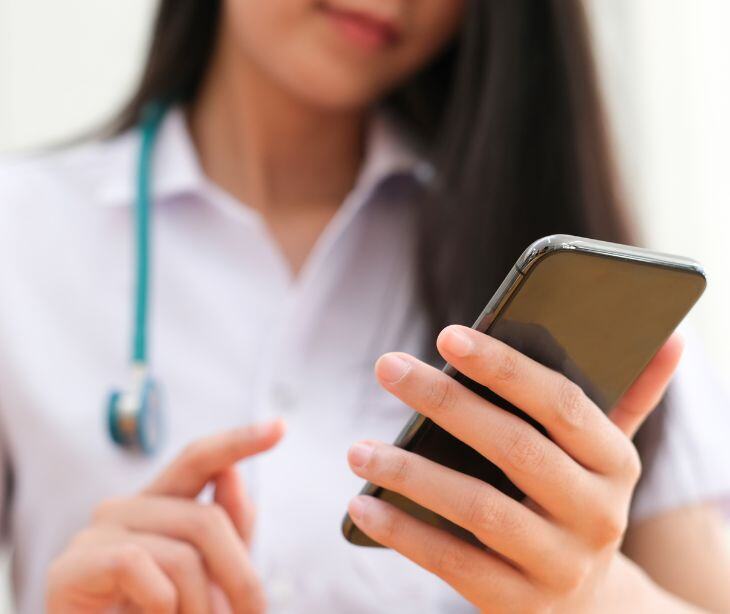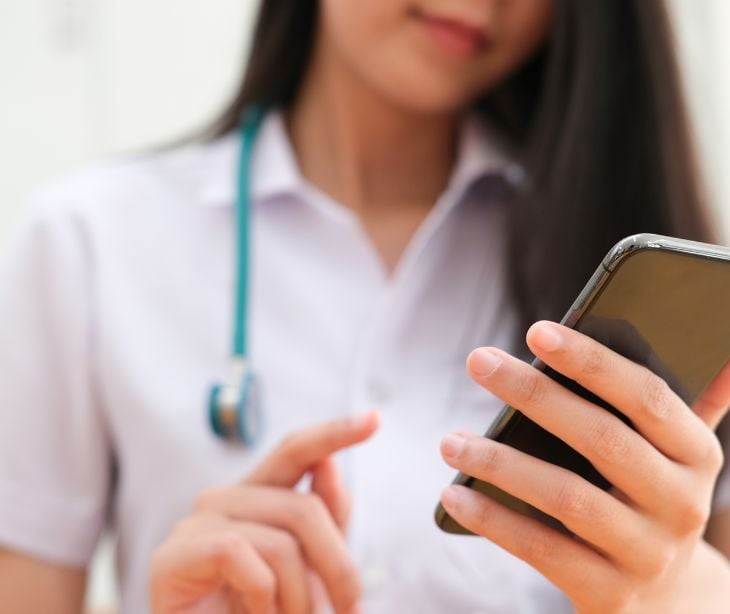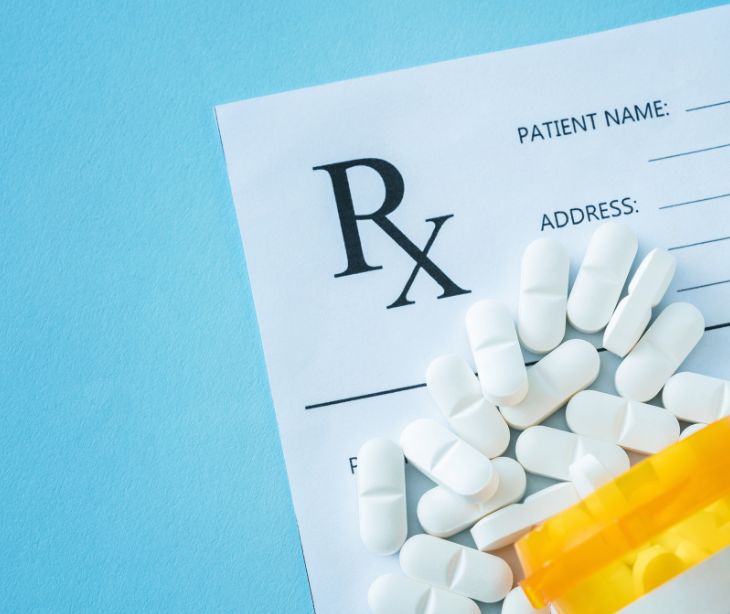
Over the phone, healthcare providers can release basic appointment information, contact details with patient consent, and limited medical information directly relevant to the caller's request. In emergencies, information may be shared with emergency contacts if it is in the patient's best interest. Sensitive information, such as mental health records or HIV status, requires additional precautions or explicit consent before disclosure. Healthcare professionals must verify the caller's identity before releasing any information to ensure privacy compliance.
Understanding privacy regulations
HIPAA sets standards for protecting patient health information. It mandates that any health information shared must be kept confidential and secure. According to the HHS, "The HIPAA Privacy Rule requires a covered entity to make reasonable efforts to limit use, disclosure of, and requests for protected health information to the minimum necessary to accomplish the intended purpose."
General rules for releasing information over the phone
Verification of identity
Healthcare providers must verify the caller’s identity before disclosing any health information over the phone. That helps prevent unauthorized access to PHI. Providers should implement secure methods for identity verification, such as asking for specific personal information or using secure authentication procedures.
Related: HIPAA compliant patient identity verification
Minimum necessary information
HIPAA’s principle of “minimum necessary” means that only the information needed to fulfill the caller’s request should be disclosed. For example, if a patient calls to confirm an appointment, sharing details like the date and time is permissible, but more detailed medical records should not be disclosed.
Types of information that can be released
- Appointment information: Under HIPAA, it is acceptable to provide appointment information over the phone, including the date, time, and provider’s name. This type of information does not involve PHI and is necessary for managing patient schedules.
- Basic contact details: Basic contact details, such as a phone number or address, can be shared with the patient’s consent.
- Limited medical information: Limited medical information directly relevant to the caller’s request can be shared, provided it adheres to the minimum necessary standard.
- Emergency contact information: In emergencies, HIPAA allows for the disclosure of relevant health information to emergency contacts if it is necessary to provide urgent care or support.
Scenarios requiring special consideration
Sensitive information
Sensitive information, such as mental health records or HIV status, requires additional precautions. HIPAA mandates that such information be disclosed only with explicit patient consent or in specific circumstances that justify its release. Providers should exercise extra care and seek patient authorization before sharing sensitive information over the phone.
Requests from third parties
Requests from third parties, such as family members, require careful handling. HIPAA requires that the provider verify the third party’s authority to receive the information and obtain the patient’s consent when necessary. That ensures that PHI is only shared with individuals with the legal right to access it.
FAQs
Can a healthcare provider discuss a patient’s diagnosis over the phone?
No, discussing a patient's diagnosis over the phone is generally not permitted unless the patient has explicitly consented to such a conversation, as it involves sensitive health information that must be protected.
Is it permissible to leave a voicemail about a patient's test results?
Leaving detailed test results on a voicemail is not advisable due to privacy risks. If a voicemail is necessary, it should include minimal information and instruct the patient to call back for details.
Can a healthcare provider provide general health advice over the phone?
Providers can offer general health advice over the phone if it does not involve specific patient details or PHI. However, any advice should be given in a manner that maintains patient confidentiality and adheres to HIPAA standards.
Subscribe to Paubox Weekly
Every Friday we'll bring you the most important news from Paubox. Our aim is to make you smarter, faster.



